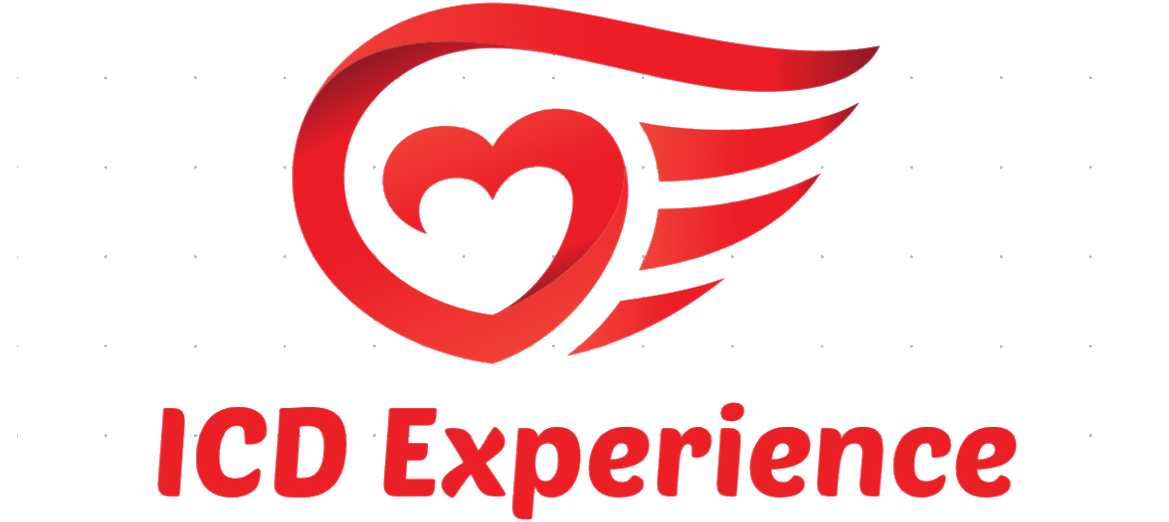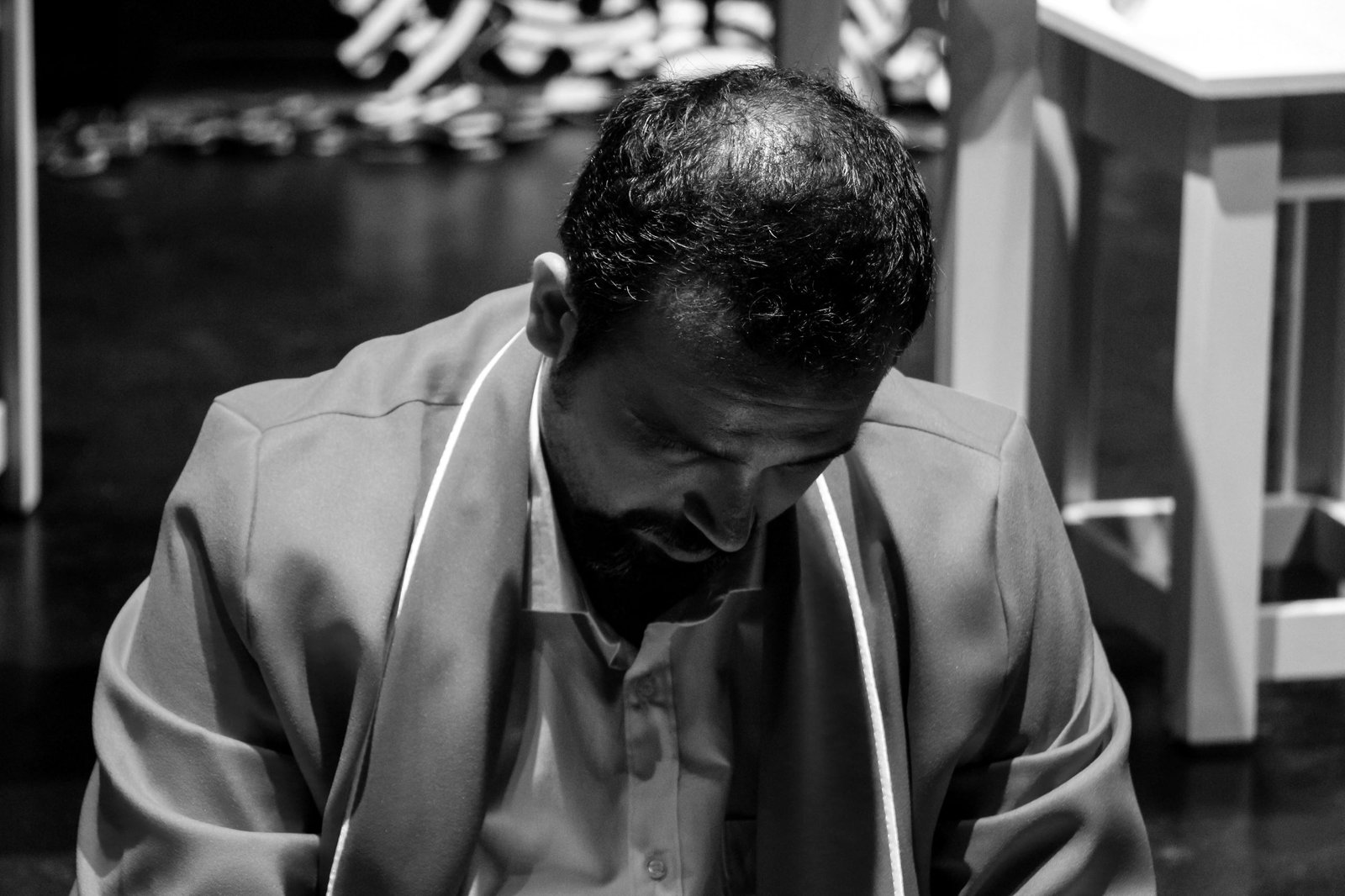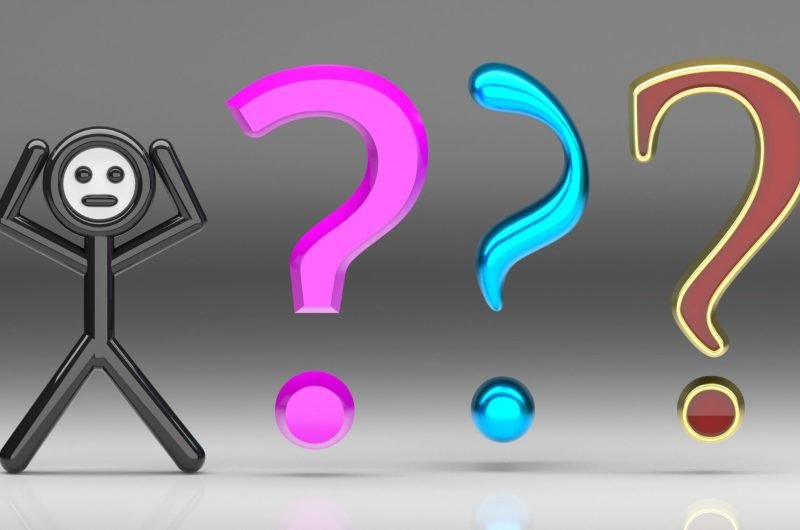If you’re living with an Implantable Cardioverter Defibrillator (ICD), the thought of receiving a shock can be intimidating. It’s normal to feel anxious about what might happen if your ICD activates. But when it does, it’s there to protect you. That shock is your ICD doing its job—helping to save your life by correcting a dangerous heart rhythm. Even so, the experience can be jarring, both physically and emotionally. Knowing what to do after an ICD shock and how to process the experience can make all the difference in managing your recovery and feeling in control again.
Let’s walk through what happens during an ICD shock, what you should do right after, and how to deal with the emotions that might come up afterward. You’re not alone in this, and there are steps you can take to help ease your mind and your heart.
What Happens During an ICD Shock?
If you’ve never experienced an ICD shock, it’s understandable to worry about how it feels. In reality, it’s over in just a second or two, but the intensity can feel like a strong jolt or even a punch to the chest. Some people describe it as feeling like a kick, while others say it’s a sudden electric surge. It can be uncomfortable, and yes, it can be startling, but the good news is that it doesn’t last long.
Knowing that your ICD shock is there to help correct a potentially life-threatening rhythm may provide a sense of reassurance. This is your heart’s safety net. It’s doing what it was designed to do—keeping you safe.
So, What Should You Do After an ICD Shock?
After you’ve had a shock, the first thing you need to do is take a breath. It’s normal to feel rattled, but try to stay calm. Here’s what you should do next:
- Assess how you’re feeling: Take a moment to check in with your body. Are you feeling dizzy, lightheaded, or short of breath? Does your chest hurt, or do you feel weak? If you’re still feeling off, you should definitely reach out to your doctor. In some cases, an immediate call to emergency services is necessary—especially if you don’t feel right.
- Rest and recover: It’s okay to feel shaken after a shock, both physically and emotionally. Sit or lie down for a while to give your body a chance to recover. This is not the time to push through. Allow yourself the space to rest.
- Make a note of the time: Write down when the shock happened and what you were doing beforehand. Did you feel any warning signs? Noticing patterns could help your doctor better understand what triggered the shock. This will also be useful information for your follow-up appointment.
- Call your doctor: Whether it’s your first shock or you’ve had several, it’s always a good idea to let your doctor know. They’ll want to check the ICD’s data and see why the shock occurred. Sometimes your doctor might adjust your medications or settings based on the event. Even if you’re feeling fine, this check-in is important to ensure everything is working as it should.
Dealing with the Emotional Impact
Getting shocked by your ICD can be more than just a physical experience—it can be emotionally overwhelming. You might feel scared, anxious, or even frustrated that it happened. These feelings are totally valid. You’re not only dealing with your heart health but also with the reality of living with a device that acts on its own when your heart needs it. Here’s how to cope with the emotional aftermath:
Give Yourself Time to Process
It’s okay to be upset or scared after an ICD shock. Don’t feel like you need to shrug it off or get back to your day right away. It’s perfectly normal to feel shaken. Take some time to process what happened. Talk it out with someone you trust, whether it’s a friend, family member, or healthcare professional. Don’t keep it bottled up.
Talk to Others Who Understand
You’re not alone in this. Other people with ICDs have gone through the same thing. Talking to others who understand your situation can make a big difference. There are support groups specifically for people living with an ICD. These communities can provide comfort and practical advice. The American Heart Association has a great resource network where you can connect with others who know exactly what you’re going through.
Seek Professional Help if Needed
Sometimes the anxiety surrounding ICD shocks can become too much to handle on your own. If you find yourself constantly worrying about when the next shock might come, or if the fear is affecting your daily life, consider reaching out to a therapist. Cognitive Behavioral Therapy (CBT) is particularly helpful for managing the anxiety and fear that comes with living with an ICD. It can give you tools to calm your mind and help you regain confidence in your daily activities.
Physical Recovery: Taking Care of Your Body After a Shock
While the emotional impact of an ICD shock can last, the physical jolt is over quickly. However, your body still needs some TLC after a shock. Here are a few things to keep in mind for your physical recovery:
- Rest up: Even if you feel fine after the shock, your body just went through a stressful event. Give yourself time to rest and recover. Don’t rush into activities—take it easy for the rest of the day, if possible.
- Monitor yourself: Keep an eye on how you feel over the next few hours or days. If you notice anything unusual—chest pain, dizziness, or shortness of breath—call your doctor. These could be signs that something more is going on.
- Stay hydrated and nourished: Drinking plenty of water and eating heart-healthy meals will help your body recover. Focus on foods that nourish your heart, like fresh vegetables, lean proteins, and whole grains.
- Avoid strenuous activity: While it’s important to stay active for your heart health, it’s also essential to avoid anything too strenuous right after a shock. Talk to your doctor about when it’s safe to resume exercise or physical activity.
Preventing Future ICD Shocks
It’s natural to feel a little on edge after your first ICD shock, wondering if or when it might happen again. The good news is, there are steps you can take to reduce the likelihood of another shock:
Keep Track of Your Triggers
Sometimes, ICD shocks happen in response to specific triggers, such as dehydration, stress, or certain medications. Work with your doctor to identify and avoid these triggers. Managing your heart health through lifestyle changes can also reduce the chances of needing another shock.
Follow Your Heart-Healthy Plan
Sticking to a heart-healthy lifestyle can go a long way toward preventing arrhythmias. That includes regular (but doctor-approved) exercise, eating a balanced diet, managing stress, and taking your medications as prescribed. Learn more about heart-healthy diets here.
Make Sure Your ICD Settings Are Right for You
Talk to your doctor about the settings on your ICD. They can make adjustments based on your specific heart condition to minimize unnecessary shocks. Regular follow-up appointments are essential for ensuring that your ICD is functioning properly.
What to Do if You Have Multiple Shocks
Experiencing multiple shocks in a short period can be scary, and it’s something that needs immediate medical attention. If your ICD delivers more than one shock in a short time (known as an “ICD storm”), don’t wait—call 911 or get to an emergency room as soon as possible.
After multiple shocks, your doctor will likely check your ICD settings and evaluate whether you need further treatment to prevent additional shocks. An ICD storm can be overwhelming, but remember that your medical team is there to help manage the situation.
Living Confidently with Your ICD
It’s understandable to feel anxious about living with an ICD, but over time, many patients find peace knowing that the device is there to protect them. The initial adjustment period can be tough, especially after a shock, but by learning what to do after an ICD shock, you’ll be more prepared if it happens again.
Remember, your ICD is a life-saving device. It’s there to keep your heart safe. While the shocks can be unpleasant, they are a sign that your heart is being taken care of.
Conclusion
Dealing with an ICD shock is no small feat, but knowing what to do afterward can make all the difference in how you recover—both physically and emotionally. Always stay calm, reach out to your doctor, and give yourself time to rest. By taking care of your heart health and connecting with others who understand your experience, you’ll be able to move forward with confidence, knowing that your ICD is there to protect you.
For more in-depth insights, check out my book “Understanding ICD Implants: A Comprehensive Guide.”













One Comment